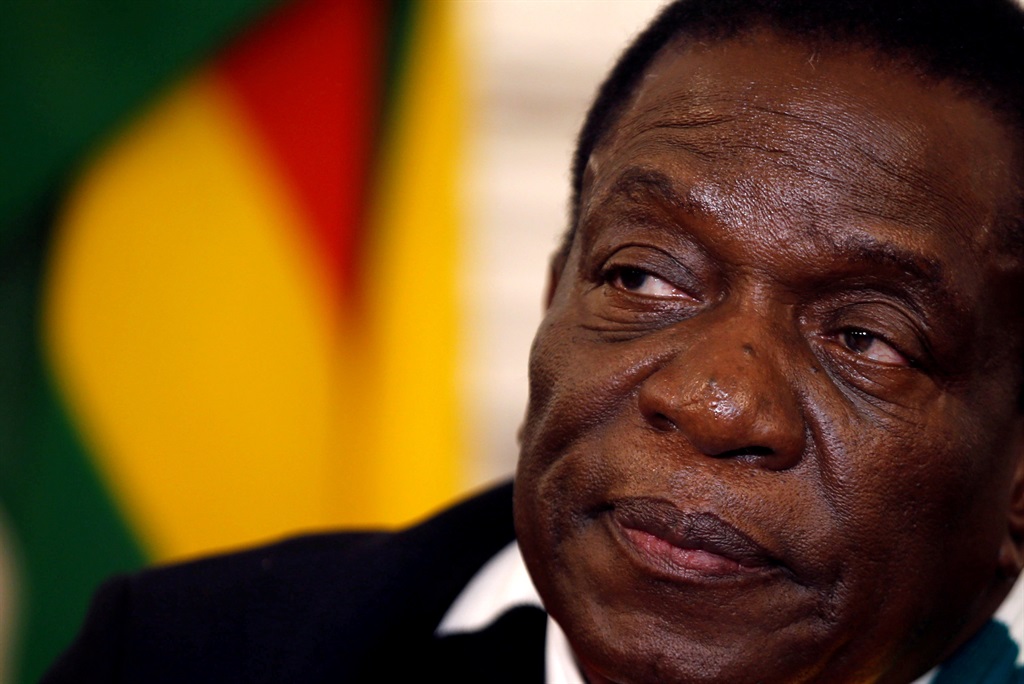
Zimbabwean President Emmerson Mnangagwa and his finance minister want a new currency by March, would seek financing from the International Monetary Fund (IMF) and may even consider a eurobond offering as the struggling economy emerges from almost two decades of isolation.
The introduction of a new currency is crucial to his efforts to revive the economy, said Mnangagwa this week. He secured a five-year term in July’s elections after the military deposed Robert Mugabe in 2017.
“It is necessary that we have our own currency,” he said in Maputo, Mozambique’s capital, where he was attending a conference.
“I have faith that we’ll achieve that even before the end of the year or by the first quarter of next year.”
The state abolished the Zimbabwean dollar in 2009 after an extended period of hyperinflation rendered it worthless.
Since then, the country has used a basket of currencies, including the South African rand and the US dollar.
The country has quasi-currencies known as RTGS, or real-time gross settlement dollar, which only exists electronically, and the so-called bond notes, though a persistent dollar shortage has led to a precipitous decline in their value.
Mnangagwa said Finance Minister Mthuli Ncube has prepared the ground for a new currency – starting with the first budget surplus he can recall in decades.
“I’ve been in government for 38 years as minister and I can’t remember when you ever had a budget surplus,” Mnangagwa (76) said.
“Now, this young man has been able to achieve a budget surplus in fewer than eight months. So it tells me that what he tells me is possibly true on these issues.”
The government last month agreed on measures to re-engage with the IMF for the first time in more than a decade. Under the arrangement, known as a staff-monitored programme, the fund will assess the government’s economic progress by the end of January, Ncube said.
After that, the government plans to access bridge financing to clear about $1.2 billion (R17.2 billion) of arrears to the World Bank, the African Development Bank and the European Investment Bank, he said.
Next is a plan to restructure debt owed to bilateral creditors.
“The first order of business is to clear the arrears and then move on to phase two, which is the bilateral discussions with the Paris Club,” Ncube said.
“If it works well in the first phase, it’s the same Paris partners who control those two big institutions that I was talking about; the same people. So if they accept supporting us on the same programme with the European Investment Bank, surely they will support us on the bilateral phase as well.”
Asked if Zimbabwe would seek financing from the IMF next year, Ncube said: “Why not? We can only ask, they can only say no. But if we can get funding from the IMF, that would be fantastic.
“Just additional support on our balance-of-payments position.” – Bloomberg




 Publications
Publications
 Partners
Partners








